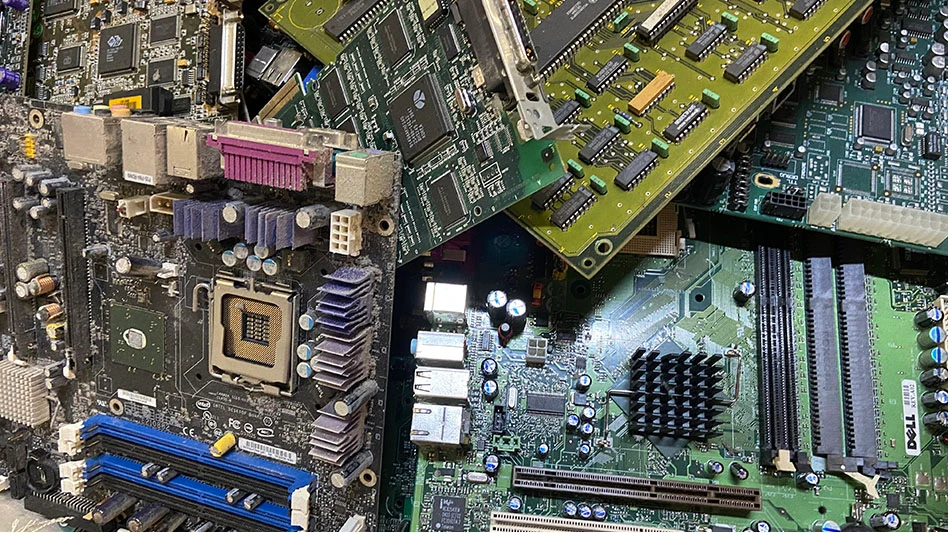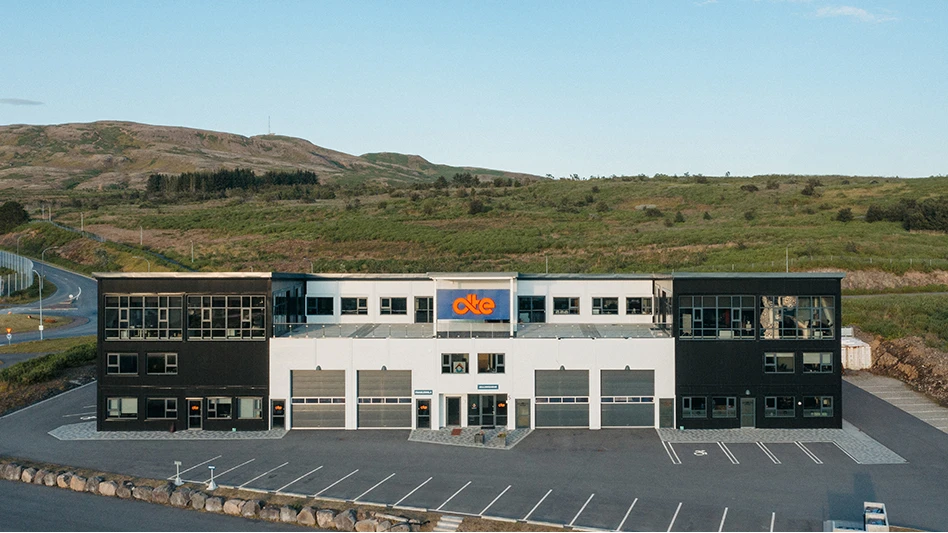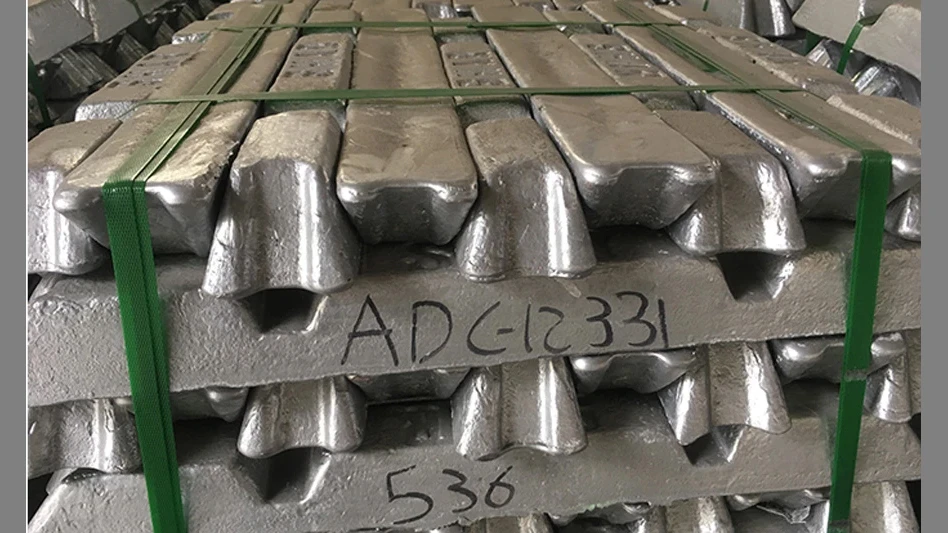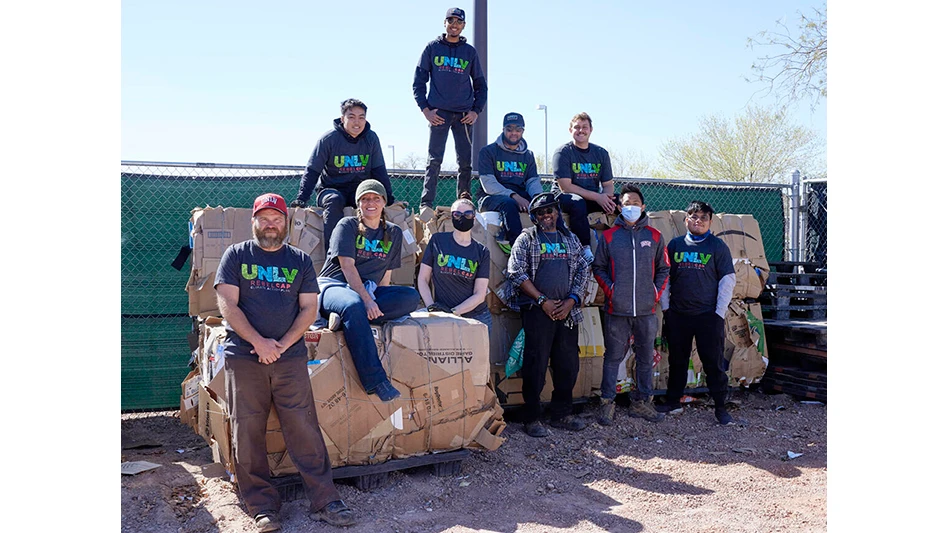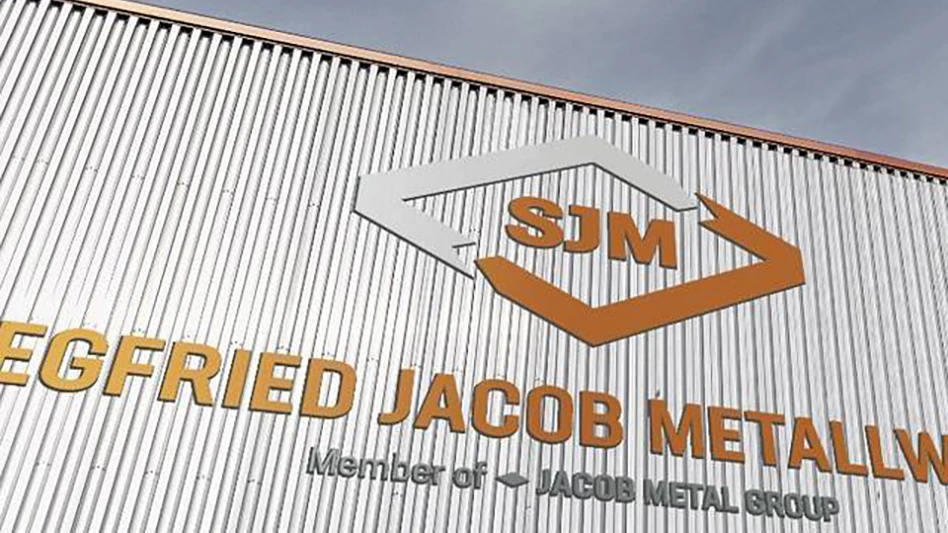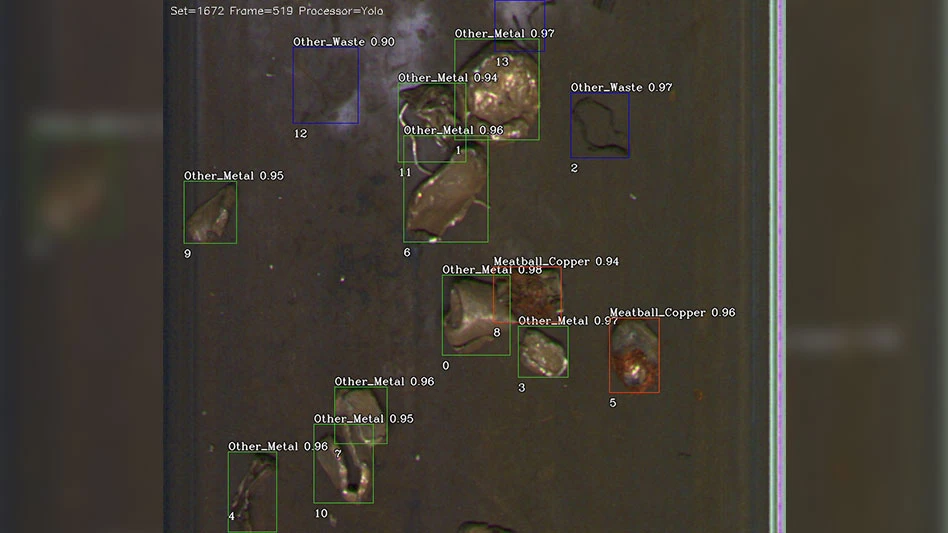
Eldan Recycling Foreign Object Detection system
Eldan Recycling A/S of Denmark has developed a sensor-based system to detect foreign objects in tire shreds, reducing the risk of breakdowns and downtime. Eldan’s Foreign Object Detection (FOD) system:
- consists of sensors that monitor the vibrating discharge conveyor following the Eldan Super Chopper
- detects changes in acceleration from objects hitting the surface, stopping the material flow of the plant and giving a warning signal
- enables the operator to search through the material on the vibrating discharge conveyor to find the foreign object and remove it
- comes with a backup safety system in case one of the sensors fails
- is being expanded to work with other types of input materials, such as cables
Visit www.eldan-recycling.com for more information.

Volvo CE EW200E material handler
Volvo Construction Equipment, with North American headquarters in Shippensburg, Pennsylvania, has launched the EW200E material handler, designed for use in the light waste handling segment. The EW200E material handler:
- has three boom and arm configurations with a maximum reach of 33 feet and a maximum lifting capacity of 25,600 pounds
- is powered by a Volvo D6J 6-liter Tier 4-final engine that provides 173 horsepower
- features hydraulics matched to the Volvo engine to balance engine speed and hydraulic efficiency
- includes a boom float function and boom cylinder dampening to minimize vibration and hold the grapple in place
- has a cab that can be raised more than 16 feet above the ground
Visit www.volvoce.com/na for more information.

Trelleborg Brawler HPS telehandler tires
Italy-based Trelleborg Wheel Systems has expanded its Brawler High Performance Solid (HPS) telehandler tire range to include the Comfort line, which the company says offers tires engineered to improve the driving experience of telehandlers. The Comfort line:
- is designed to maximize operator ride comfort while delivering a high level of performance in demanding environments, such as waste and recycling applications
- features increased shock absorption and reduced vibration
- is designed to provide better traction compared with standard solid tires with its wide, flat treads that provide improved stability
- offers a deep-lug tread design that gives three times more wear than a pneumatic tire
- includes the tire sizes 43x15-24, 47x17-24, 13-24 and 14-24
Visit www.trelleborg.com/en for more information.
Get curated news on YOUR industry.
Enter your email to receive our newsletters.

Explore the February 2021 Issue
Check out more from this issue and find your next story to read.
Latest from Recycling Today
- RMDAS prices portray November stability
- Toyota, GM announce plant investments
- Greenwave reports loss, seeks to maintain Nasdaq listing
- ERI, ReElement Technologies partnership targets rare earth elements
- Aduro Clean Technologies achieves third-party validation for its technology
- Sortera Technologies receives funding for Tennessee aluminum sorting facility
- EU official backs aluminum scrap export restrictions
- Midwest freight rail shippers to meet next January

